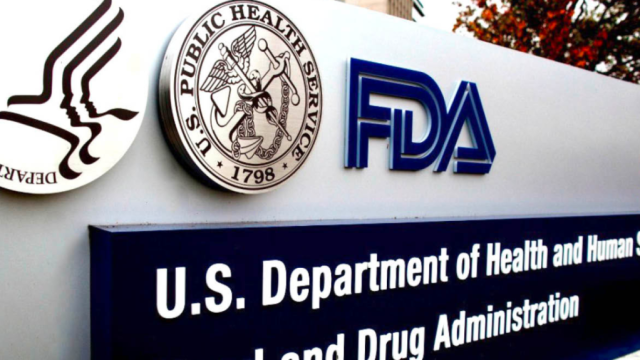
Guillain-Barre causes the immune system to attack the nerves
The FDA was expected to issue a new warning about a rare autoimmune disorder developing in people after they received the single-dose Johnson & Johnson Covid-19 vaccine, The Washington Post reports.
Guillain-Barre, the rare autoimmune disorder, causes the immune system to attack the nerves.
About 100 preliminary cases of Guillain-Barre have been detected in Americans after they received one of the more than 12.8 million Johnson & Johnson doses distributed, according to the publication. These cases occurred about two weeks following vaccination and largely impacted men over the age of 50.
One case that was reported through the federal monitoring system was a 57-year-old man from Delaware who had suffered a heart attack and stroke within the last four years. He died in early April after he was vaccinated and developed the rare autoimmune disorder.
Regulators said that cases were extremely rare, but it appeared to be three to five times higher among people who received a Johnson & Johnson vaccine compared to the general population.
Typically the US records about 60 to 120 cases of Guillain-Barre per week, with about 3,000 to 6,000 people developing the rare disorder per year, according to the Centers for Disease Control and Prevention.
The Biden administration was expected to issue a warning about the Johnson & Johnson vaccine as early as Tuesday, according to the report.
“The safety and well-being of the people who use our products is our number one priority,” Johnson & Johnson said in a statement to The Independent.
“We have been in discussions with the US Food and Drug Administration and other regulators about rare cases of the neurological disorder, Guillain-Barré syndrome, that have been reported following vaccination with the Janssen Covid-19 vaccine. The chance of having this occur is very low, and the rate of reported cases exceeds the background rate by a small degree.”
The company went on to state that it “strongly support raising awareness of the signs and symptoms of rare events to ensure they can be quickly identified and effectively treated.”